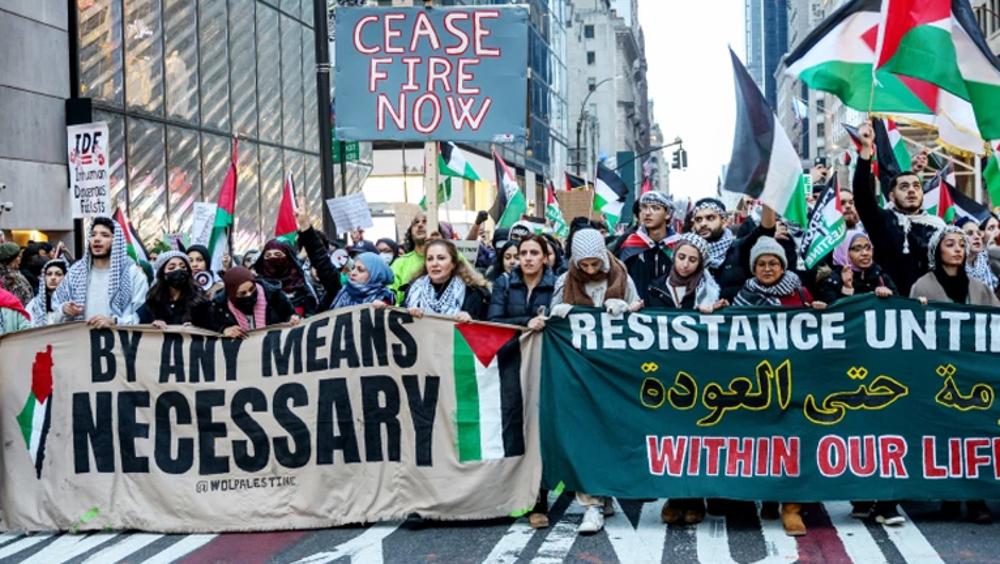Macron leads a France more divided & extreme than ever
Ramin Mazaheri
Press TV, Paris
With the re-election of President Emmanuel Macron, France’s mainstream media has stopped worrying about fascism and started to honestly discuss the state of the country. A France “divided” is the most common headline.
In 2017, Macron promised to not give France a reason to vote for the extremes of the political spectrum, but the far-right and the far-left have both grown to new highs.
Le Pen won just 5% of the vote in the capital, while out of 101 departments she carried 30 of them, mostly rural. She secured just 1 department in 2017.
80% of voters described the presidential campaign as being of “poor quality”, and few desired a rematch of 2017.
Macron’s problem is that once again he cannot claim his win signifies a broad mandate for his proposals.
Subtract 39% of the total electorate due to abstention and purposely spoiled ballots and Macron’s 58% of the vote falls to just 35% of the electorate. If we fairly assume that, like in 2017, 43% of his voters only did so to block Le Pen, then just 20% of the total electorate chose Macron for his policies or personality. That’s a drop of 4 points from 2017.
If Macron continues to rule as if his policies donot need a broad popular mandate, then France’s permanent social unrest seems likely to continue.
While a Le Pen victory would have set off immediate protests, for now a calm resignation is reigning. However, few expect the French street and rural roundabout to remain calm for long.
‘All wars have rules. All of those rules have been broken’ by Israel
VIDEO | Report flags India’s violation of rights of Rohingya detainees
Turkey's foreign minister meets Syria's de facto leader in Damascus
'Next to impossible' to rescue patients from Gaza's Kamal Adwan Hospital: Director
VIDEO | Vietnam current prosperity
Report blames gasoil exports for shortage at Iranian power plants
VIDEO | Hind Rajab Foundation names Israeli war criminals vacationing after Gaza genocide
VIDEO | Australians rally for Gaza ahead of Christmas festivities









 This makes it easy to access the Press TV website
This makes it easy to access the Press TV website